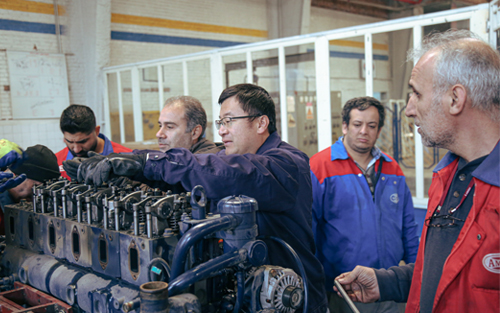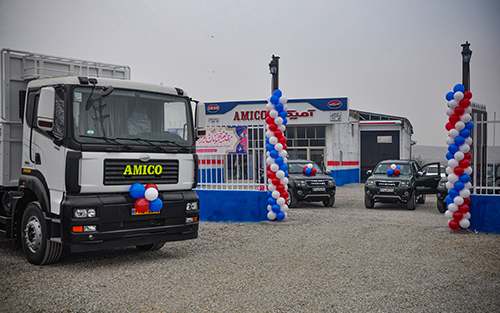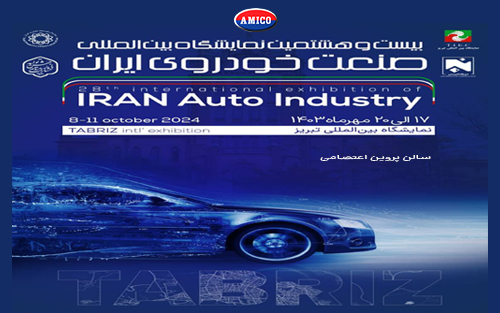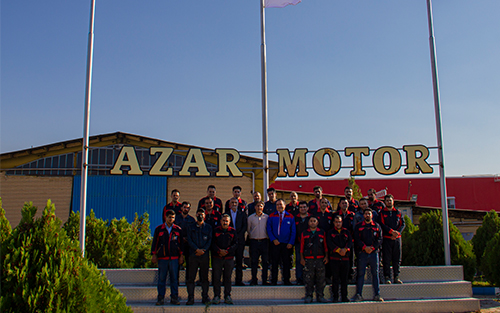
Sustainability in the automotive industry: from goal to action
Nowadays, sustainability is an increasingly significant issue in society and is discussed in all media from diverse perspectives. Furthermore, sustainability has become a strategic priority for many companies worldwide due to growing concerns about climate change and environmental degradation.
The vehicle industry is a complex system of communications, products, and interactions to create economic value. Since this industry significantly impacts the environment, economy, and people's lifes, it also plays a significant role in sustainable development. Every year, reputable international agencies and institutions evaluate the products of vehicle companies and their parts to ensure that these companies meet environmental standards and reduce the environmental impact of their production processes and products. Determining the Euro emission standard in the European Union confirms the importance of this issue.
The Euro emission standard is a set of regulations and rules determining the proper and acceptable amount of exhaust gas from vehicles. This law prohibits the sale of cars that do not meet these standards in all EU countries. These standards aim to reduce the emission of harmful chemicals such as carbon monoxide, nitrogen oxides, hydrocarbons, and suspended particles in the atmosphere. The Euro emission standard is updated about every five or six years. So far, 6 emission standards have been introduced, known as 1 to 6. A new emission standard, Euro 6 (Euro 6), was introduced in 2015, and the Euro 7 standard is expected to enter the practical phase by 2025.
Amico is proud to inform you that in line with sustainability and environmental protection principles, Asena picked up as the first Iranian car to obtain the certificate of 88 European safety and emission standards from TUV Germany.








